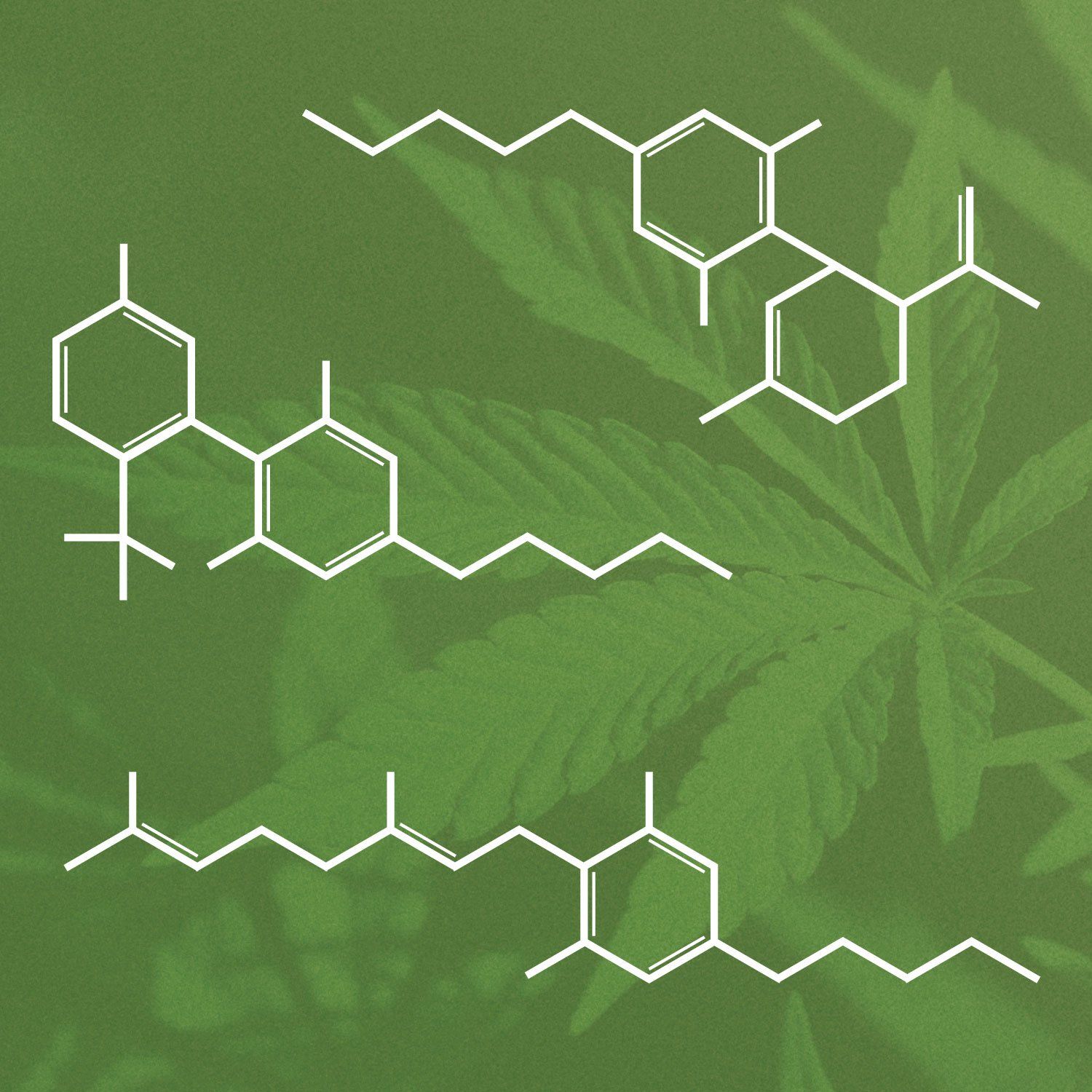Cannabis: Hemp vs. Marijuana
By Elena Norcross
Everyone has found themselves with a few random jars and cans at the back of their kitchen cupboards. You are left with an inventory of beans, corn, and perhaps that container of spices you bought when you were trying to be adventurous. Perhaps you’ve also found yourself with that cupboard staple, peanut butter. Often categorized as fattening, boring, and limited to PB&J's for kids. You ask yourself, what am I going to do with this jar of peanut butter?
About 60% of people in the US don’t consume nuts on a daily basis. That’s a lot of people missing out on these surprisingly protein packed, nutritionally dense foods. Nuts are seed kernels that are high in fat, calories, and protein. Some of the most popular nuts are peanuts, which are actually legumes. Legumes are from the same family as peas and beans, but they are roped into the nut family because of their similar nutritional content.
A handful of peanuts contain the following:
o Calories: 161
o Protein: 7.3g
o Total Carb: 4.6g
o Dietary Fiber: 2.4g
o Total Fat:14g
o Sodium: 5mg
Nuts also hold most of the vitamins and minerals your body needs. Some of these include Folic Acids, Magnesium, Potassium, Calcium, and Phosphorous. They are main sources of Omega-3 fatty acids and tout a range of health benefits as well, such as protecting against Alzheimer’s and dementia.
Largely made up of fats, nuts are often banished from weight loss plans. But studies show that people who eat nuts frequently are at a lower risk of gaining weight than those who don’t eat nuts often. It is important to distinguish the difference between saturated and unsaturated, the
latter being the fat found in nuts. Unsaturated fat helps you stay full and eat less over time. Saturated fat tends to stay solid and cause fatty hardening in the arteries, which should be avoided. It is important to note that many nuts are covered in sugars or flavorings that affect and
reduce their nutritional value. Raw nuts or nuts made into a nut butter with minimal additions is best.
Speaking of your heart, nuts also help prevent heart disease. Eating nuts at least four times per week is linked with fewer cases of coronary heart disease and myocardial infarctions. They also improve cholesterol. Scientist found a direct correlation between eating nuts at least a few times a week and the reduction of LDL cholesterol and triglyceride levels in the body. This improved cholesterol aids in reducing the risk of stroke or cardiovascular disease. For everyone, nuts are just a great source of Vitamin E which is an antioxidant that helps prevent cancer and
osteoporosis. Just another reason to add nuts to your daily meals!
How Nuts Fuel an Active Lifestyle
Whether you are training for an Iron Man or just have a life that keeps you running, your nutrition is an often-overlooked aspect of performance. Individuals have different needs, but a balanced diet that provides protein, fats, vitamins, and minerals should be pursued to support
those activities.
Many athletes focus on “carb loading” and ignore the important vitamins and minerals (micronutrients) they are missing out on for increased athletic performance and recovery. Peanuts especially have more than 30 vitamins and minerals, as well as 7 grams of protein per ounce for lasting energy and good heart heath. This is more than any other nut!
Consuming protein is important for muscle growth, as essential amino acids are needed to help repair your muscles after a workout. Vegetarian or vegan athletes (we’re out there!) must look for protein in unconventional ways, and nuts are perfect to assure these athletes get enough protein for muscle repair.
If your goal is weight loss, nuts are an excellent option. Nuts regulate body weight because their fats are not fully absorbed, they regulate food intake because they help you stay full for longer, and they help your body optimize how it burns energy. Many people have damaged their metabolisms from years of yo-yo dieting, but it can be repaired through fueling your body in the way it needs to healthily function.
Nuts are a versatile food that can be incorporated into many dishes. Try peanut butter in berry smoothies, incorporate into sauces for spring rolls, and bake it into muffins and cookies. Take a look at some of the recipes on our website for ideas and get into the kitchen. Numb Nuts products are a perfect way to incorporate more healthy nuts into your diet and hit these nutritional marks for your heath needs.
RECENT POSTS




